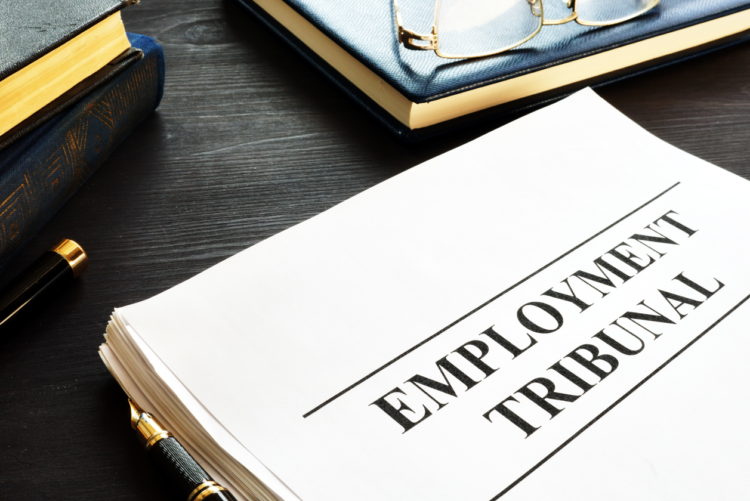Government plans to reintroduce employment tribunal fees for workers that want to bring a claim risk worsening backlogs and raising costs for employers, employment lawyers have warned.
Labour ministers are reportedly considering a £55 fee for workers to lodge a claim, as part of efforts to recover some of the £80m annual cost of running the tribunal service, according to The Guardian. Ministers believe the modest charge could raise up to £1.7m a year, with fee remissions for those in financial hardship.
The proposal, first floated by the previous Conservative government, is said to have been agreed during chancellor Rachel Reeves’s June spending review. A government source told the newspaper that the Ministry of Justice (MoJ) had been “looking for revenue raisers” after tight departmental settlements.
A Labour insider said the plan could be implemented before the end of the current parliament, but warned it would be “counterproductive” given Labour’s pledge to strengthen workers’ rights and the backlash it would provoke from unions.
A system in crisis
Employment lawyers say the tribunal system is already stretched to breaking point, with cases taking years to conclude.
Andrea London, employment practice partner at Winckworth Sherwood, said the system was already “in crisis and creaking under the weight of claims”.
“A relatively simple case being lodged now is being allocated an initial case management hearing late next summer, and final hearings anything from 12 to 18 months after that,” she said. “It’s simply not sustainable, but the Employment Rights Bill and its focus on increasing worker rights can only add to that burden.”
London said the expected increase in claims from the new bill “will take this part of the justice system to breaking point” unless substantial resources are provided quickly.
She added that while a £55 fee was unlikely to “price workers out of accessing justice”, it would do little to resolve the wider crisis.
“The access-to-justice disaster is already here. It presently takes two to three years from filing a claim to reaching a hearing.”
That represents years of legal fees, time and resources, she added., saying that unless something is done to reduce the backlog and stem the flood of new claims, the situation will only get worse.
London said Labour was “misguided” if it believed the fee would balance the expected rise in claims as a result of the Employment Rights Bill. She estimates that the increase in claims could be closer to 25 percent rather than the government’s forecast of 15 percent.
Lessons from 2013
Fudia Smartt, employment law partner at Spencer West, said the news of potential fee reintroduction had given her “a severe case of déjà vu”.
She said the Conservative government’s 2013 fees were meant to “deter frivolous claims and improve efficiency”.
But in reality, they caused case volumes to fall by 53 percent in the first year, with women and low-paid workers the worst affected, she pointed out.
The Supreme Court ruled the fees unlawful in 2017, finding they blocked access to justice.
Smartt said that after their removal, claim volumes rose by up to 90 percent, overwhelming a system that had been scaled back during the fee years.
“With cases being cancelled at short notice for lack of judge availability and longer hearings having to be listed years in advance, the wheels of justice are certainly slow moving in the employment tribunals,” she said.
“The tribunal system is in need of an overhaul. However, I strongly oppose the introduction of a fee at the point of issuing a claim, no matter how small. We have empirical evidence from 2013 which shows that even if the fee imposed is more modest than the one introduced in 2013, it will deter the lowest paid workers from enforcing their employment rights, particularly in this current turbulent economic climate.”
Smartt also argued that charging workers seems to go against the spirit of Labour’s own manifesto promises.
“It feels very out of kilter to suggest the introduction of fees, even if there will be help for the ‘most in need’. What is the point in making unfair dismissal a day one right, if low paid workers feel unable to exercise such a right?
“It would be better for policymakers to explore imposing penalties/fines where parties are conducting litigation unreasonably. There are no easy answers to this but repeating the mistakes of the past does not feel like a sensible way forward.”
Employer fallout
For employers, the prospect of reintroduced fees comes alongside a tribunal system facing a 45,000-case backlog and a surge in new claims expected under the Employment Rights Bill. Longer waits and higher administrative costs are likely, lawyers warn.
“The system needs practical and viable assistance now to prevent it from going under,” said London. “Without urgent investment, both employees and employers will pay the price – in time, cost and uncertainty.”













